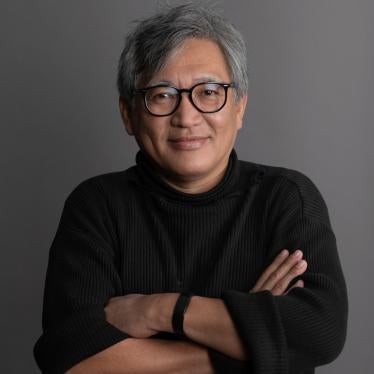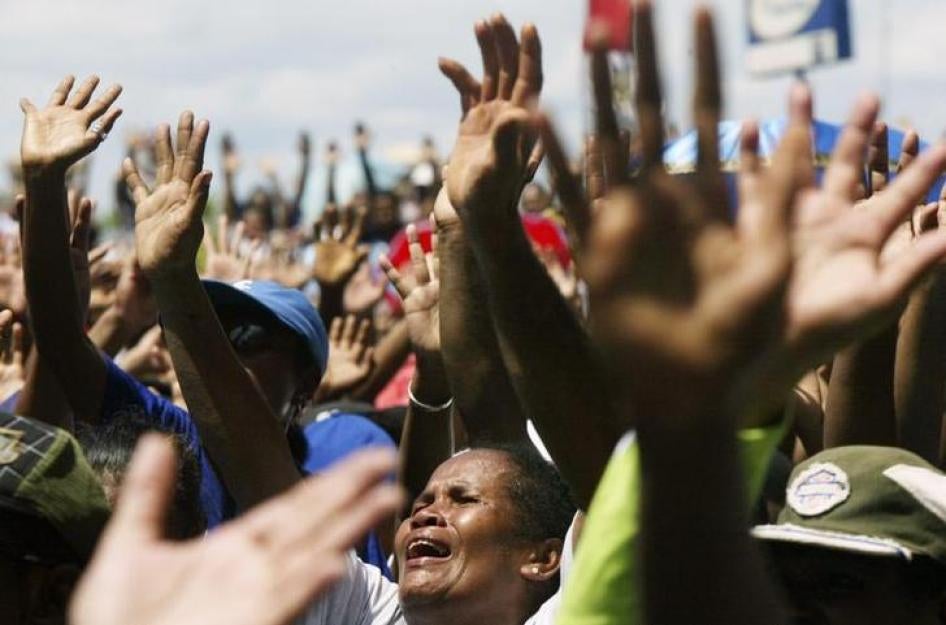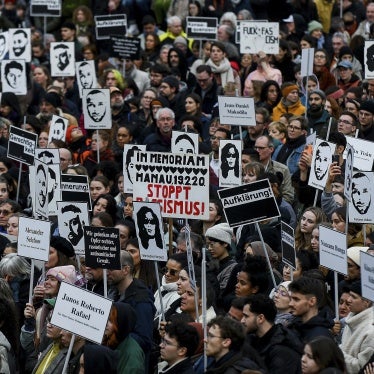A Christian group in Jayapura, the capital of Papua province, recently issued a stark 14-day ultimatum to municipal authorities: Dismantle the minaret of the city’s Al-Aqsa mosque by the end of February or the group would “take their own action.”
The source of the Jayapura Churches Association’s anger? The mosque’s minaret was higher than any of the church steeples in the surrounding neighborhood.
The bad news for the Al-Aqsa congregation is that the law is on the Jayapura Churches Association’s side. That’s because the 2006 government regulation on “religious harmony” gives “majority religion” adherents the right to block construction of “minority religion” houses of worship.
The irony is that in Muslim-majority Indonesia, the regulation is overwhelmingly used to block the construction of non-Muslim houses of worship, including Christian churches. For example, the Taman Yasmin Indonesia Christian Church congregation in Bogor, outside Jakarta, had acquired government approval to build a church in 2003, but opposition from Muslims in the area stalled construction and eventually forced the church’s closure. Despite successful legal appeals — the congregation won a Supreme Court decision in 2010 — local authorities have refused to enforce the decision and the church remains closed.
But Papua province remains a Christian-majority region, meaning that Christians have the legal right to block construction or renovation of non-Christian houses of worship. The Al-Aqsa mosque’s minaret problem reflects the danger of the 2006 regulation in that it overrides the rights of religious freedom and leaves religious minorities hostage to the discriminatory whims of their “religious majority” neighbors.
The 2006 regulation requires each local administration in Indonesia to have a “Religious Harmony Forum” to approve the construction of houses of worship. The composition of the membership of these forums are “proportional” with the religious population in each area, allowing majority religious adherents to effectively have veto power over the construction of houses of worship of religious minorities.
It is one of many discriminatory regulations that hinder the religious freedom rights of Indonesia’s religious minorities. Those laws include the 1965 blasphemy law, which punishes deviations from the central tenets of Indonesia’s six officially recognized religions —Islam, Protestantism, Catholicism, Hinduism, Buddhism and Confucianism — with up to five years in prison. The others include the 2008 regulation on the Ahmadiyah, which makes proselytizing by members of the Ahmadiyah community a criminal offense.
Those laws are backed by a government infrastructure that supports and perpetuates those discriminatory laws. They include the Ministry of Religious Affairs, the Coordinating Board for Monitoring Mystical Beliefs in Society (Bakor Pakem) under the Attorney General’s Office, and the semi-official Indonesian Ulema Council, which has eroded religious freedom by using their position of authority to press for the prosecution of “blasphemers.” In predominantly Christian Papua, that infrastructure of course includes the Jayapura Churches Association.
The Jayapura Churches Association demands didn’t end with its ultimatum for the dismantlement of the Al-Aqsa mosque’s minaret. They submitted a laundry list of demands that included government action against “noisy loudspeakers” during the daily Islamic call to prayer, restrictions on Muslim missionaries in Papua and a restriction on mosque (but not church) construction inside government facilities.
The Jayapura municipal government responded to the ultimatum by establishing a six-member team that included three Muslims and three Christians, representing both governmental and nongovernmental organizations. The government has tasked the team with brokering a compromise between the Jayapura Churches Association and the Al-Aqsa mosque congregation. They have held several closed-door meetings since March but have yet to announce any breakthrough agreement.
Meanwhile in Jakarta, the Communion of Churches of Indonesia, an umbrella organization of Protestant churches in the country, and the Indonesian Ulema Council (MUI), the semi-official umbrella organization of Islamic groups, have become involved in the controversy. According to an MUI spokesman, the two organizations have agreed that the Muslim minority in Papua should respect the Christian majority’s demands if they are “appropriate.” The demands that they agree are appropriate include reducing the height of the Al-Aqsa minaret as well as limiting the volume of mosque loudspeakers. That means the Jayapura Churches Association will get the demolition it demanded of the Al-Aqsa minaret and its reconstruction to a height that the association’s members apparently won’t find offensive.
The International Covenant on Civil and Political Rights, which Indonesia ratified in 2005, states that “persons belonging to…minorities shall not be denied the right, in community with the other members of their group, to enjoy their own culture, to profess and practice their own religion.” President Joko “Jokowi” Widodo should endorse religious freedom as a fundamental principle of his administration and ensure that government officials are not promoting abuses against religious minorities. The Jayapura case should be an opportunity to educate the Indonesian public that this majority-minorities regulation is nothing less than a legal tool to discriminate against religious minorities that erodes, rather than strengthens, Indonesia’s pluralism.










